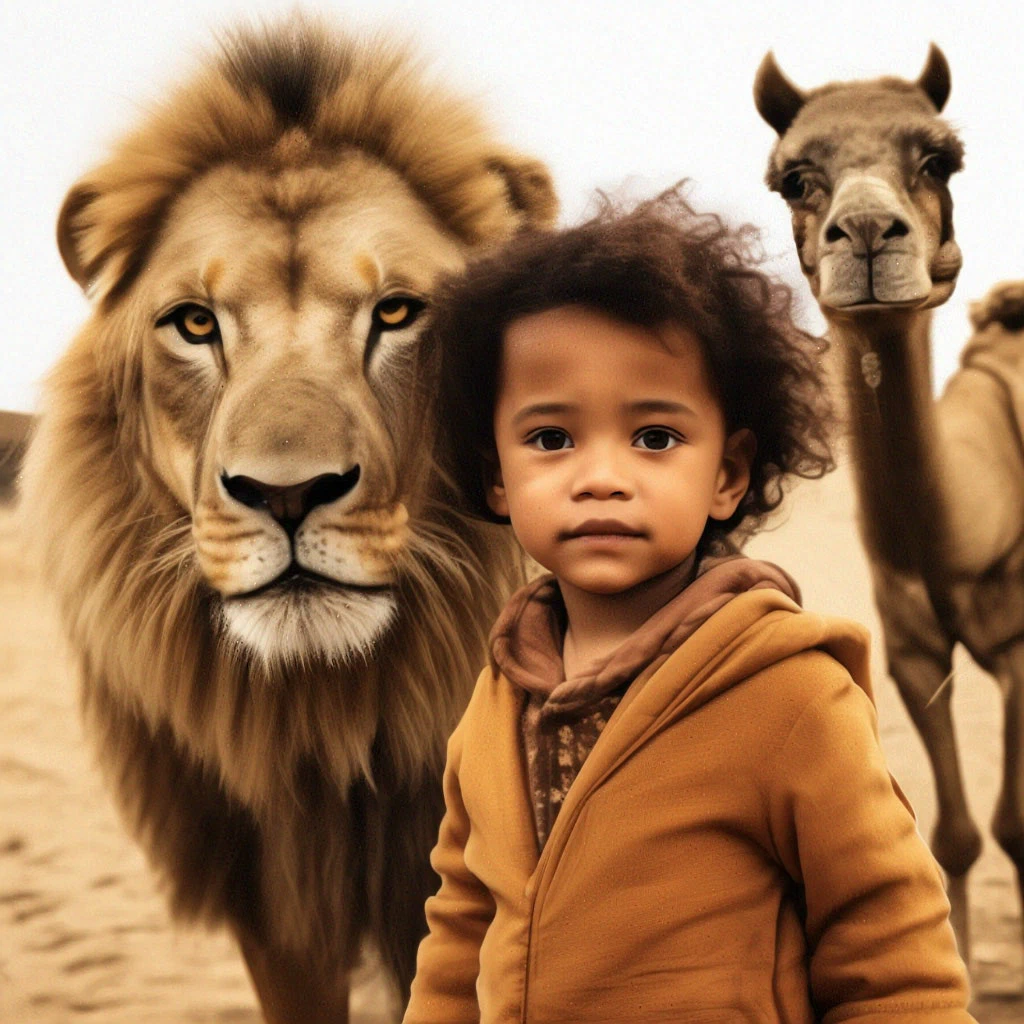A True Yunatic
Some thinkers don’t just challenge morality – they light it on fire and dance through the ashes. Friedrich Nietzsche was one of those. He wasn’t just a philosopher – he was a poet of power, a disruptor of comfort and a prophet of becoming.
He wrote in lightning bolts, asking not just what truth is, but what truth costs. He gave us Zarathustra, the Übermensch, eternal recurrence and the courage to live without illusions. Nietzsche wasn’t afraid to shout at the void – or laugh with it.
“One must still have chaos in oneself to be able to give birth to a dancing star.” – Friedrich Nietzsche
The Inner Child
Nietzsche didn’t just speak of the inner child – he made it sacred. In Also sprach Zarathustra, he said the human spirit passes through three transformations: the camel (who carries burdens), the lion (who says no) and finally – the child.
Why the child? Because only the child can say yes, create new values and play. For Nietzsche, the child was not innocence – it was power, possibility and rebirth.
Tribbles
Nietzsche’s tribbles are explosive and eternal:
- Beyond Good and Evil, The Gay Science – Books that crack open morality with a smile and a scalpel.
- Also sprach Zarathustra – A cosmic parable, full of poetry, animals, riddles and flame.
- Eternal Recurrence – What if you had to live your life over and over? Would you embrace it – or change it?
- The Three Metamorphoses – Camel, lion, child – Nietzsche’s roadmap for the evolving soul.

Connected with the Yuniverse
Nietzsche’s universe was wild, divine, godless and full of life. He listened to animals, trusted instincts, praised dance and believed the stars spoke through laughter. He didn’t reject the cosmos – he wanted to sing with it.
Spiritual
Nietzsche’s spirituality had no temple but the body, no commandments but become who you are. He searched for meaning not above, but within.
Friedrich Nietzsche reminds us that the most powerful truth might be found in play, in instinct and in the child who dares to say yes.